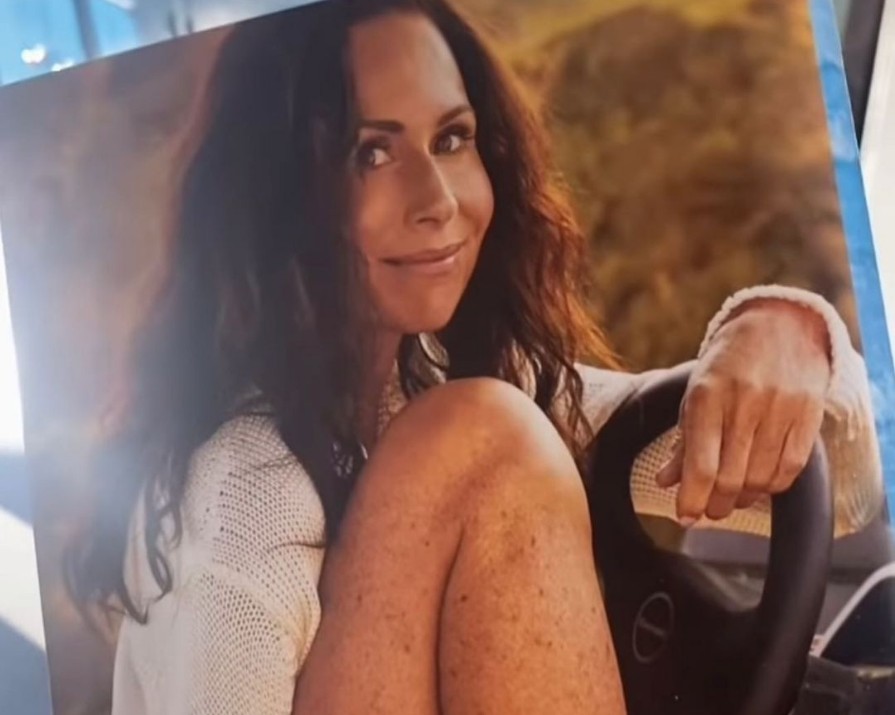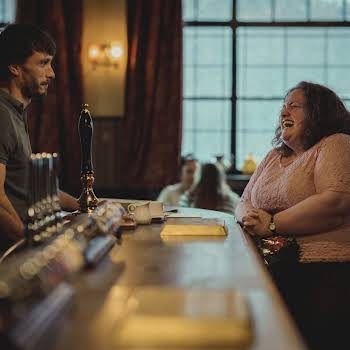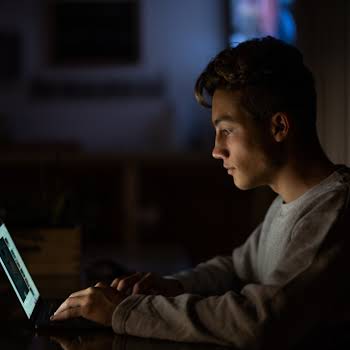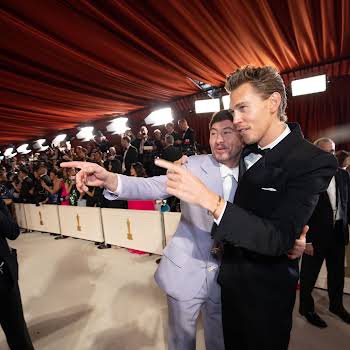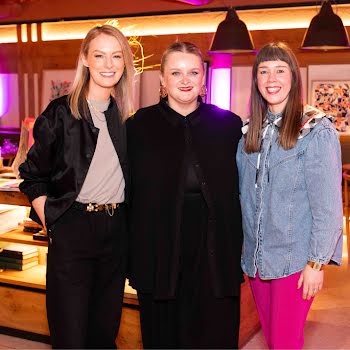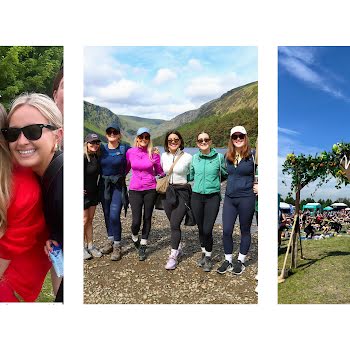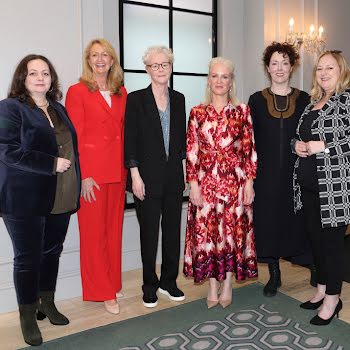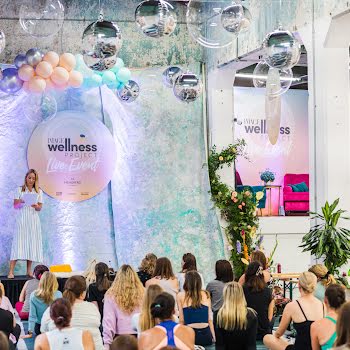Minnie Driver’s seedy audition story is yet another reminder of how the industry treated its women
By Sarah Gill
10th May 2022
10th May 2022
Instructed by a casting director to fake an orgasm — “unless [she fancied] having a real one” — Minnie Driver’s grim audition experience is somehow not at all surprising.
At this point in time, we’re no strangers to the film and television industry’s seedy underbelly. The #MeToo movement exposed all too many instances of sexual abuse and harassment suffered at the hands of men in suits with too much money and boundless power, intrinsically linking Hollywood with deep-rooted rape culture.
As far back as the eye can see, young women have been exploited, undermined and taken advantage of in order to make a living in a man’s world. Inequitable power dynamics allowed for boys’ clubs to breed a culture of silence and shame surrounding the lived and traumatic experiences of many.
Thankfully, progress is being made in the right direction. With more and more people sharing their own stories, a more even playing field is coming to the fore so that people in vulnerable positions can be protected and safer work environments can be fostered.
For this reason, Minnie Driver’s account of an unsavoury audition at the beginning of her acting career is a stark reminder of the everyday battles women faced in the workplace.
In an excerpt from her forthcoming memoir, Managing Expectations — shared within a recent profile with The Times — the Good Will Hunting star takes us back to set of an audition she went on back in 1995, when she was in her mid-20s.
Having just returned from filming her first movie, Circle of Friends, Driver recalls entering an audition room “filled with almost two rows of chairs in a wide semicircle, every seat taken by a man in a suit, mostly with their jackets over the back of the chair and their ties loosened.”
Pointed towards a stool and instructed to remove her coat, the promising young actress realised she hadn’t seen a script prior to arrival. “OK, so what we’re selling today is chocolate,” the casting director began. “You’ve seen the movie When Harry Met Sally?”
“You know the scene where she fakes an orgasm? … OK. Eat a piece of chocolate and do that.” When Driver sought to clarify whether he was really asking her to fake an orgasm in a room filled with 17 ad executives, the director responded with a chuckle. “Yes. Unless you fancy having a real one!”
Naturally, the aspiring young star was a little bit blindsided. “I thought about all the girls waiting outside. All of us vying for an opportunity that was actually humiliation dressed up in a pick-me! outfit,” she writes in her memoir. “I wanted to run out there and warn them. I wanted to tell them we were better than this, better than being lunchtime entertainment for a bunch of pervy execs, their perviness sanctioned by this being considered ‘work’.”
“But of course I didn’t, because the fire was lit and it required fuel, and any fuel, however troubling, will burn just the same.”
Hesitantly putting on a show for those gathered round, she was instructed to do it again, but bigger. When she told them that she didn’t think she could do it again, one of the men responded with, “Course you can, love, that’s the best bit about being a girl!”
Explaining that she couldn’t do it again for fear of getting sick, Driver writes that while the men thought she was referring to the chocolate, she was in fact alluding to her “shame at having gone along with the whole grotesquery. And the f***ing chocolate.”
“Scorsleazy sneered and rolled his eyes,” Driver writes. “‘Well, all the other girls have apparently very much enjoyed this.’ I gathered the good coat I’d worn off the floor, smiled mightily and said, “They were faking it.’ As exits go, it wasn’t bad.”
Previously speaking about the experience in an interview with Backstage in 2018, Driver said that she would “categorically put [it] in some version of the #MeToo world I grew up in … I knew it was wrong, and I still did it. I was embarrassed and mortified, and I didn’t understand it until years later.”
“That feeling didn’t leave me for a long time. And to this day, I wish someone in that room had stood up and said, ‘This is outrageous,’ because these guys were getting their jollies off, watching woman after woman pretend to have an orgasm. I don’t think it would happen today, thank goodness, which is some kind of progress.”
Throughout her profile interview with The Times, Minnie Driver speaks on being branded as ‘difficult’ early on in her acting career. After calling for better working conditions on the set of Hard Rain, the actress said, “If you stood up and said, ‘This is unacceptable,’ which I routinely did, you were vilified.”
“I will always be a champion on set. I’d be like a lioness about anything that was happening, to a male or female. If you see that somebody is mistreating somebody else, you have to say something.” she tells The Times “You will almost certainly be punished for it on some level, but I don’t think that is a reason not to speak up.”
Photography by @driverminnie.











